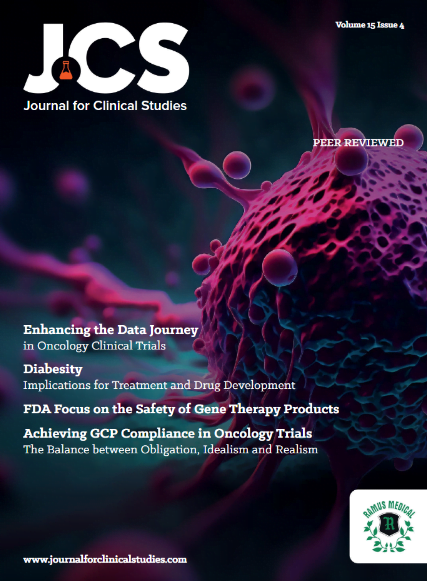CPhI research shows that the biologics and generics sector are driving growth over the next year
Tokyo, 21st April 2017: CPhI Japan – organised by UBM EMEA and UBM Asia – returned to Tokyo for its 16th edition (April 19-21st, 2017) with the release of new research into the Japanese pharmaceutical market. Over 90 domestic and international companies attending the event were surveyed to provide a holistic picture of the country’s best growth opportunities. Overall, domestic companies in Japan are forecasting a staggering 17% growth in 2017 – highlighting renewed buoyancy in the Japanese pharmaceutical economy following several years of limited growth.
A sector-by-sector analysis showed that 56% of companies believed that biologics and biosimilars showed the offered for the fastest growth over the next year. Companies reported that the most popular biopharmaceutical product classes under development are anticancer (72%) and enhanced immune class drugs (48%) – including cutting edge technologies such as checkpoint inhibitors (e.g. PD1), chimeric antigen receptor (CAR) T-cell therapies, antibody-drug conjugates (ADCs) and monoclonal antibodies (mAbs).
Rutger Oudejans, Brand Director at CPhI for Asia and North America said: “The ever rising demand for anticancer drugs and high margins combined with Japan’s robust reimbursement system for patented drugs make it an attractive market for companies to invest in and develop new drugs.”
Japan has the world’s third largest pharma industry and traditionally its domestic market has thrived. Consequently, only 18% of business for Japanese pharma companies is undertaken in international markets. However, the research highlights that over two thirds of the companies surveyed are now looking to target international markets over the next year. Half of these companies are targeting the U.S., 27% are focusing on China and Korea, but with very few looking to Europe. This may be due to the favourable reimbursement systems within the US, whilst cultural ties to neighbouring high growth economies also provide opportunities.
The Japanese Government has committed to increase the market penetration of generics and 28% of those surveyed stated that the ‘greatest potential for growth lies with finished dose generic drugs’. A majority (60%) of Japanese pharma companies believe that domestic manufacturers will meet the country’s generic pharmaceutical demands. However, they acknowledge that there is also a role for international manufacturers; in particular, 26% agree that there are large opportunities for Indian generic manufacturers.
Nearly 80% of Japanese companies are reviewing their ‘strategic approach due to the impending patent cliff’, with 77% saying they would predict ‘increased partnerships between Japanese pharma and generic companies’. The success of the Takeda-Teva collaboration has provided a model that companies can replicate when looking for potential future partnerships.
“Over the past few days CPhI Japan has provided an unprecedented opportunity for international companies to cultivate innovation and promote investment into Japan’s ever-growing domestic market. The extremely robust patented market combined with the huge growth anticipated for generics, biologics and APIs all provide an appealing platform for big business investments. This will enable Japan to maintain their position as a world leader in the pharmaceutical industry”, commented Rutger Oudejans.
The complete report and analysis will be available later on in the year on the CPhI Pharma Insights website.
Journal For Clinical Studies has a distinguished editorial advisory board providing the best guidelines for global clinical trials. Your resource for Multisite Studies and emerging markets.
Journal For Clinical Studies © 2024, All Rights Reserved – Powered by Teksyte















